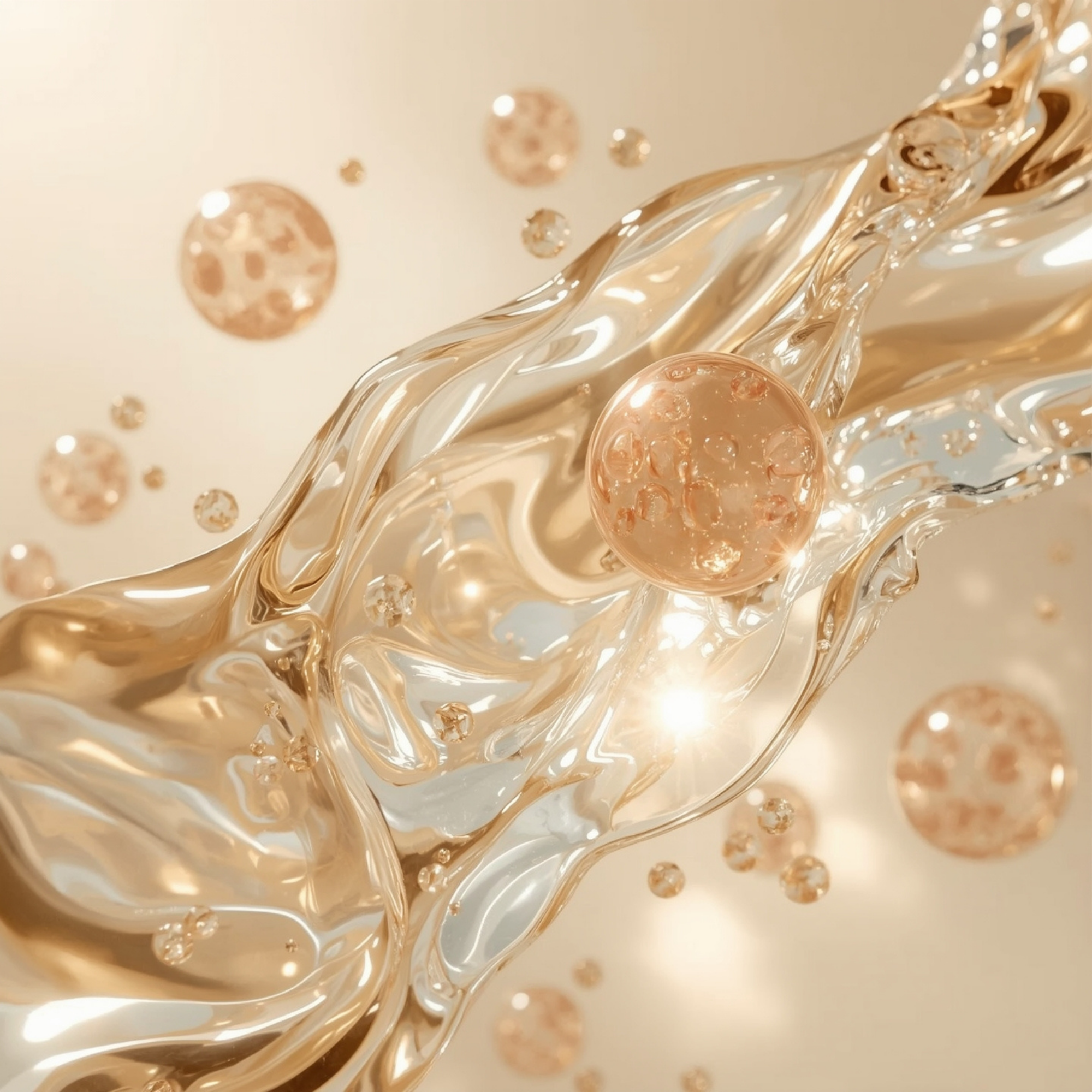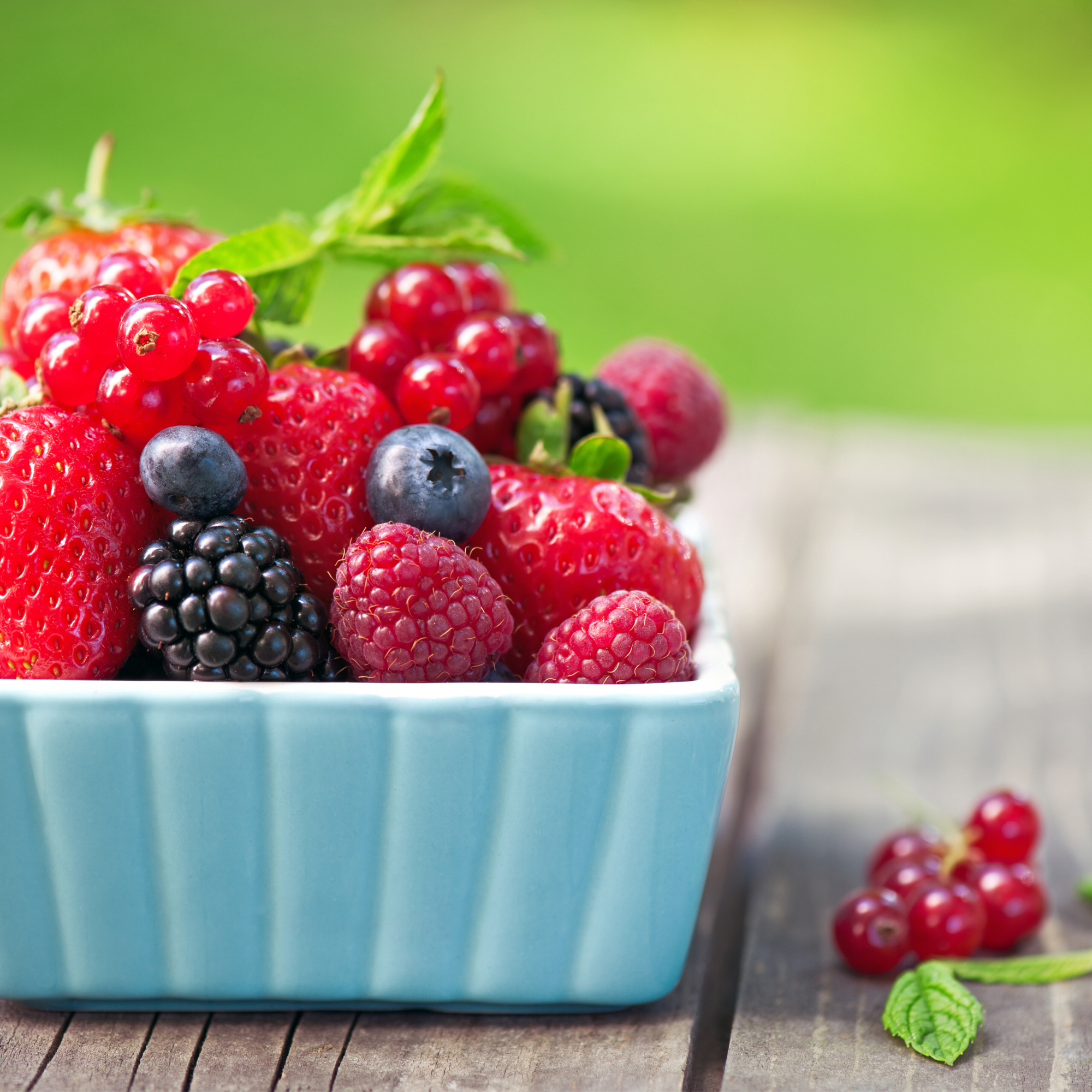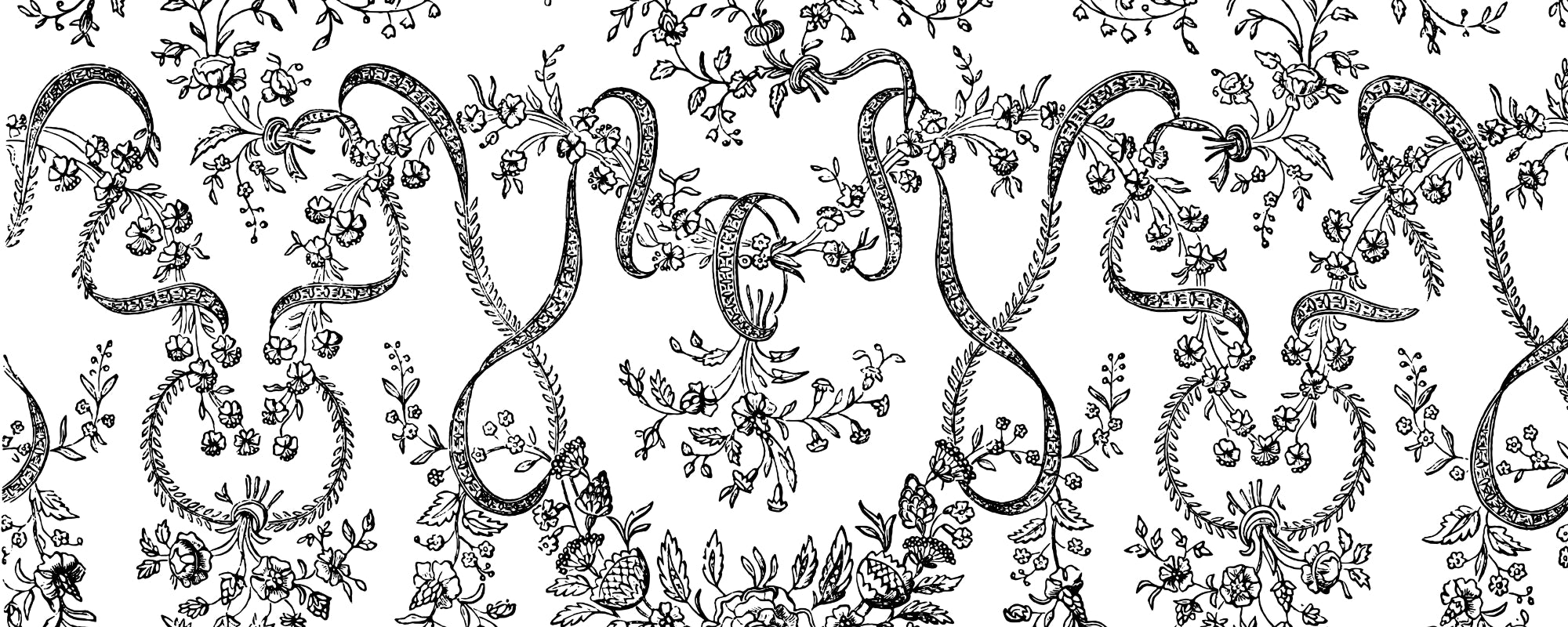Hair is often described as our "crowning glory," yet for many women and men, thinning hair or excessive hair loss can feel both distressing and frustrating. While losing 50 - 100 hairs per day is considered normal, excessive shedding or noticeable thinning can be a sign of underlying health, lifestyle, or hormonal imbalances. The good news? With the right nutrition, lifestyle choices, and gentle haircare routines, you can help prevent and minimise hair loss.
Why Hair Loss Happens
Hair follicles are some of the most metabolically active structures in the body, and they are highly sensitive to internal and external changes. Common causes of hair loss include:
· Nutrient deficiencies - Lack of iron, zinc, vitamin D, or B vitamins can reduce the hair’s growth cycle and cause shedding.
· Hormonal fluctuations - Pregnancy, menopause, thyroid imbalances, and excess androgens can all trigger thinning.
· Stress and lifestyle factors - Chronic stress, lack of sleep, smoking, and poor dietary habits negatively affect circulation and scalp health.
· Harsh haircare practices - Over-styling, heat treatments, and chemical-laden shampoos can weaken follicles over time.
The Role of Nutrition and Lifestyle in Hair Health
Diet and lifestyle play a central role in maintaining strong, resilient hair.
· Iron Deficiency: Research has shown a strong connection between low iron levels (particularly ferritin, the storage form of iron) and hair loss, especially in women. A study in the Journal of Korean Medical Science (2013) highlighted that women with hair loss often had significantly lower ferritin levels compared to those without hair concerns. Iron is essential for carrying oxygen to the hair follicles, and a lack of it can cause the follicles to enter a resting phase prematurely.
o Best food sources: lean red meat, lentils, leafy greens, pumpkin seeds.
· Protein Intake: Hair is made primarily of keratin, a protein. Diets low in high-quality protein can contribute to thinning.
o Best food sources: eggs, fish, beans, and collagen-based supplements.
· Hormonal Balance: Elevated androgens (such as DHT, dihydrotestosterone) are strongly linked to hair follicle miniaturisation, particularly in men but also in women with PCOS. Supporting hormonal balance through stress management, exercise, and medical guidance is critical.
· Essential Fatty Acids: Omega-3 and omega-6 fatty acids help reduce inflammation in the scalp and improve follicle nutrition. A study published in Journal of Cosmetic Dermatology (2015) found supplementation with omega fatty acids significantly improved hair density and reduced hair shedding in women.
· Lifestyle Factors: Regular exercise to boost circulation, adequate hydration, and 7-9 hours of restorative sleep all contribute to a healthier scalp environment.
Gentle Haircare: Protecting the Follicle
Just as we are conscious about what we put into our bodies, we must be mindful of what we apply to our hair and scalp. Many commercial haircare products contain harsh chemicals that irritate, inflame, or even damage the hair follicle.
Ingredients to Avoid in Haircare Products:
· Sodium Lauryl Sulfate (SLS) and Sodium Laureth Sulfate (SLES) - Strips natural oils and can cause scalp irritation.
· Parabens – Synthetic preservatives linked to hormone disruption.
· Formaldehyde-releasing preservatives (e.g., DMDM Hydantoin, Quaternium-15) - Can cause allergic reactions and scalp irritation.
· Phthalates - Common in fragrances, these can interfere with hormone balance.
· Silicones (such as dimethicone) - Coat the hair shaft, leading to buildup and potential follicle blockage.
· Alcohol-based styling products - Excessive dryness and breakage.
Instead, choose shampoos and conditioners with gentle, plant-based surfactants, natural oils, and botanical extracts that nourish the scalp and hair shaft without suffocating or irritating the follicles.
Smart Strategies to Prevent Hair Loss
1. Prioritise nutrient-rich meals - Focus on a whole-food diet rich in iron, zinc, omega-3s, and antioxidants.
2. Check your ferritin levels - Especially if you experience heavy periods, follow a vegetarian/vegan diet, or often feel fatigued. Speak with a healthcare professional about testing and supplementation.
3. Support hormonal balance - Adaptogens like ashwagandha and maca may support stress-related hormonal fluctuations, while medical consultation is advised for thyroid and androgen-related imbalances.
4. Choose clean haircare - Switch to products free from sulphates, parabens, and silicones. Treat your scalp as an extension of your skin.
5. Protect from heat and chemicals - Limit hair dye, heat styling, and chemical straightening. If unavoidable, always use protective serums.
6. Supplement wisely - Nutricosmetics containing collagen peptides, biotin, silica, and essential fatty acids can provide foundational support for hair health.
Final Thoughts
Hair loss is not simply a cosmetic issue - it is a reflection of inner health. By nourishing your body with the right nutrients, balancing hormones, adopting a wholesome lifestyle, and using gentle, follicle-friendly products, you can create the optimal conditions for strong, resilient, and beautiful hair.
At My Beauty Luv, we believe in a holistic approach to beauty - because true beauty starts from within.





